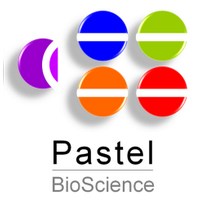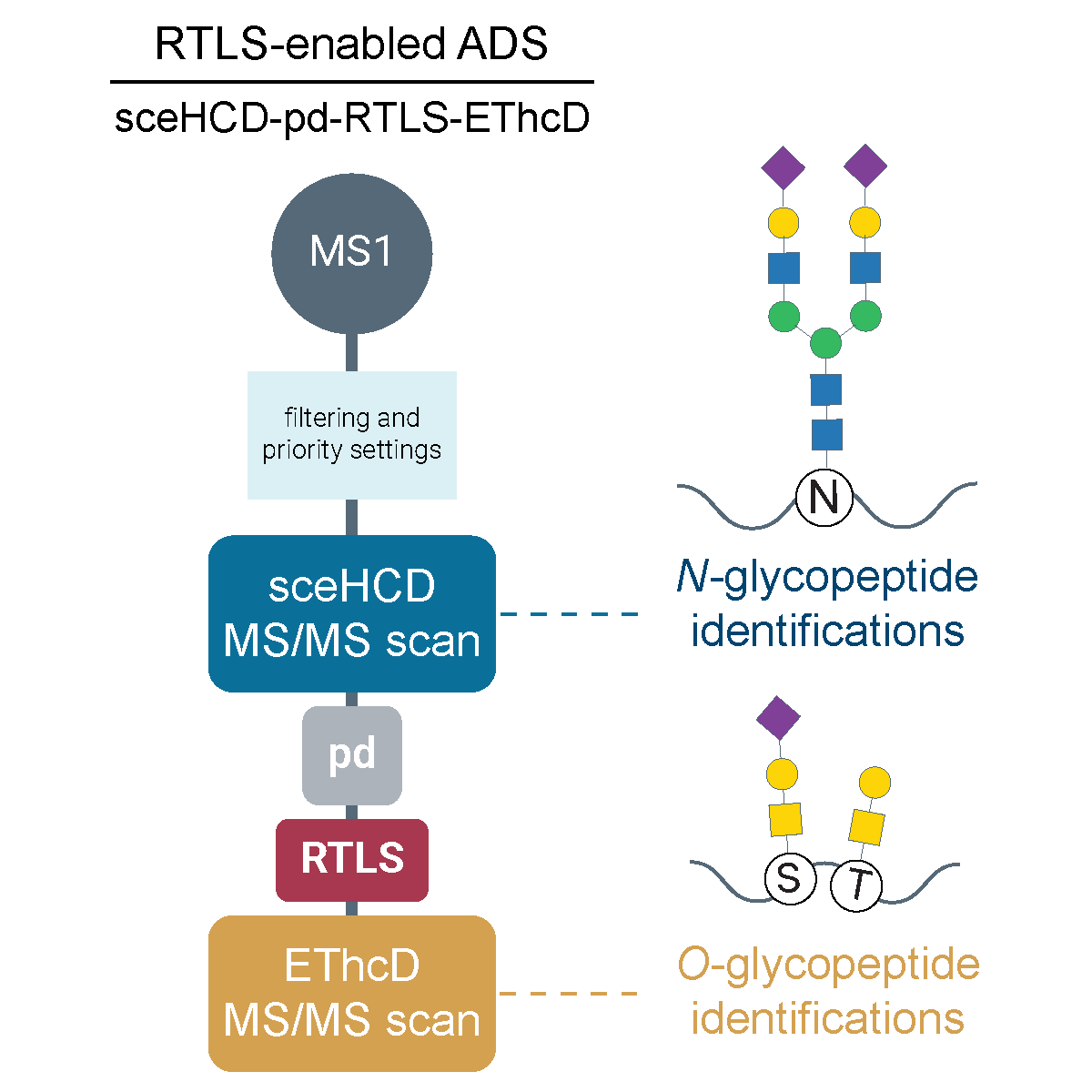
Thomas Kislinger
@kislingerthomas
Clinical Proteomics, Cancer Biology & Mass Spectrometry @MBPatUofT and @pmcancercentre 🇨🇦
ID: 1107842708675137536
http://kislingerlab.uhnres.utoronto.ca/ 19-03-2019 03:14:19
780 Tweet
1,1K Takipçi
890 Takip Edilen


An exciting study lead by talented PhD student Elnaz Khalili Samani revealed cryoEM structures of native protein assemblies from brain lysate of a rat model of Alzheimer's disease. Collaboration with JoAnne McLaurin and Thomas Kislinger. doi.org/10.1101/2024.0…


We are thrilled to share our latest research on "Targeting axonal guidance dependencies in glioblastoma with ROBO1 CAR T cells" published in Nature Medicine, led by former PhD student Dr. Chirayu Chokshi Chirayu Chokshi McMaster Health Sciences #glioblastoma #McMaster rdcu.be/dPLrp

Love this cover art by student Linda Berg Luecke on this month's issue of Journal of Proteome Research ACS for Authors #MyACSCover Veneer is a tool to standardize and improve how cell surface proteomics data are interpreted and distributed. pubs.acs.org/doi/10.1021/ac…


The Weeks Lab UW–Madison Biochem is hiring at all levels! Broadly, our lab uses engineered enzymes to decipher cellular signaling to advance biological discovery and therapeutic development. If this sounds exciting to you, please reach out! Reposts appreciated. 🧪weekslaboratory.org

Functional CRISPR screens in GBM patient identifies the PTP4A-ROBO1 axis as a driver of tumorigenicity and enriched ROBO1 expression in recurrent GBM that can be targeted via ROBO1-directed CAR T cell therapy Sheila Singh Brain Tumour Lab Centre for Discovery in Cancer Research Chirayu Chokshi nature.com/articles/s4159…



Recently published: The Proteogenomics of #ProstateCancer #Radioresistance, by Roni Haas et al. bit.ly/3MjpkhY Beth Neilsen Danny Vesprini Amar Kishan Melvin LK CHUA Thomas Kislinger #openaccess














